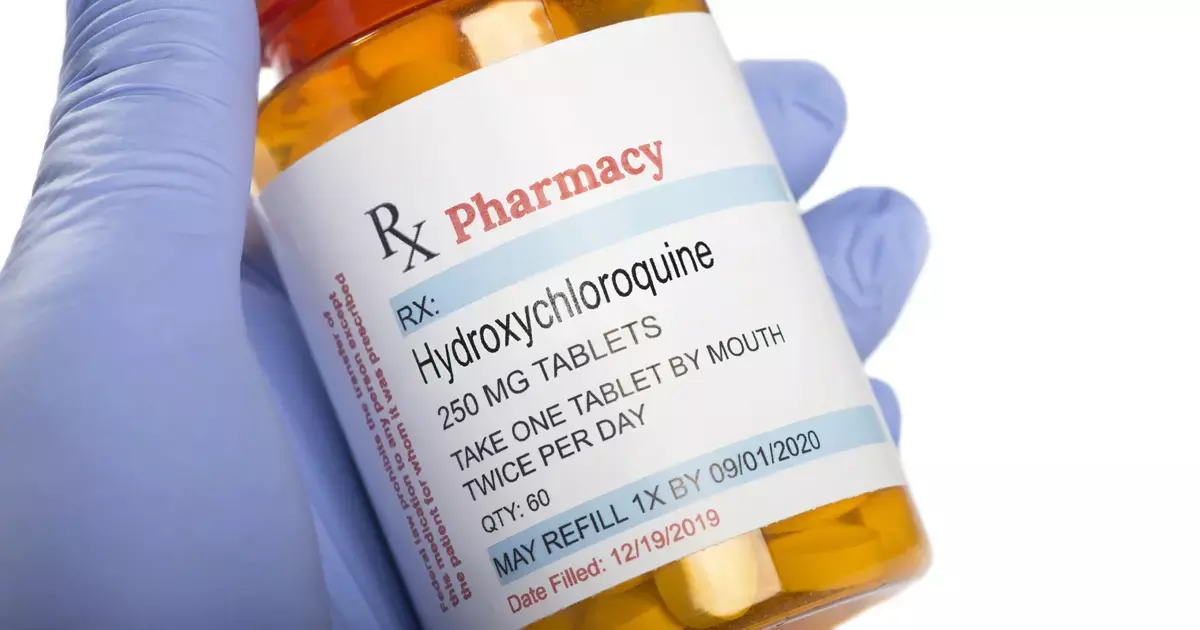- Home
- Medical news & Guidelines
- Anesthesiology
- Cardiology and CTVS
- Critical Care
- Dentistry
- Dermatology
- Diabetes and Endocrinology
- ENT
- Gastroenterology
- Medicine
- Nephrology
- Neurology
- Obstretics-Gynaecology
- Oncology
- Ophthalmology
- Orthopaedics
- Pediatrics-Neonatology
- Psychiatry
- Pulmonology
- Radiology
- Surgery
- Urology
- Laboratory Medicine
- Diet
- Nursing
- Paramedical
- Physiotherapy
- Health news
- Fact Check
- Bone Health Fact Check
- Brain Health Fact Check
- Cancer Related Fact Check
- Child Care Fact Check
- Dental and oral health fact check
- Diabetes and metabolic health fact check
- Diet and Nutrition Fact Check
- Eye and ENT Care Fact Check
- Fitness fact check
- Gut health fact check
- Heart health fact check
- Kidney health fact check
- Medical education fact check
- Men's health fact check
- Respiratory fact check
- Skin and hair care fact check
- Vaccine and Immunization fact check
- Women's health fact check
- AYUSH
- State News
- Andaman and Nicobar Islands
- Andhra Pradesh
- Arunachal Pradesh
- Assam
- Bihar
- Chandigarh
- Chattisgarh
- Dadra and Nagar Haveli
- Daman and Diu
- Delhi
- Goa
- Gujarat
- Haryana
- Himachal Pradesh
- Jammu & Kashmir
- Jharkhand
- Karnataka
- Kerala
- Ladakh
- Lakshadweep
- Madhya Pradesh
- Maharashtra
- Manipur
- Meghalaya
- Mizoram
- Nagaland
- Odisha
- Puducherry
- Punjab
- Rajasthan
- Sikkim
- Tamil Nadu
- Telangana
- Tripura
- Uttar Pradesh
- Uttrakhand
- West Bengal
- Medical Education
- Industry
Study confirms long-term safety of hydroxychloroquine in Rheumatoid arthritis patients

WASHINGTON DC: Development of long QT syndrome was infrequent and not noticeably more frequent among American veterans receiving hydroxychloroquine (HCQ) as long-term therapy for rheumatoid arthritis compared to those receiving similar care with other medications, researchers wrote in a study published in the journal of Arthritis Care & Research.
One of the most prevalent autoimmune diseases now recognised is rheumatoid arthritis. Hydroxychloroquine (HCQ), either alone or in combination with other drugs, is a frequently given treatment, though certain practitioners' treatment options may differ. Recent data reveal that patients with rheumatoid arthritis who utilize hydroxychloroquine do not have a higher one-year risk of long QT syndrome.
The aim of this study was to examine its long-term risk, which is less well understood.
The authors performed a propensity score-matched active-comparator safety study of hydroxychloroquine in 8852 Veterans with newly-diagnosed RA (mean age, 6412 years, 14% women, 28% African Americans). In this study, 4426 patients started on hydroxychloroquine and 4426 started on another non-biologic disease-modifying anti-rheumatic drug (DMARD), and their baseline characteristics were balanced. Long QT syndrome was the main result during the 19-year follow-up period that ended on December 31, 2019.
Key findings of the study:
- 38 patients had newly developed long QT syndrome, compared to 21 patients on other anti-rheumatic medications.
- There were not enough incidence cases of long QT syndrome to examine year-by-year trends. Five patients were in the non-HCQ patient group and seven with HCQ over the first to second years following the start of treatment.
- By year 5, the cumulative totals in the HCQ group reached 17 and 6 for controls.
- These increased to 13 and 29, respectively, by the tenth year. But throughout the course of the final nine years of follow-up, there were eight and nine new instances, respectively, in each of the two groups.
- Hospitalizations for arrhythmia were 3.89% with HCQ and 3.66% among the controls throughout the course of the 19 years of follow-up, with all-cause mortality in the HCQ group being 36.0% compared to 37.8% with other therapies.
"These data offer new validation of the hydroxychloroquine's long-term safety in RA patients. Future research should explore the safety of hydroxychloroquine in RA-affected females", reported Ali Ahmed, MD, MPH, of the VA Medical Center in Washington, D.C., and colleagues.
In conclusion, the authors ascertained that during the initial two years following the start of therapy, hydroxychloroquine use was not linked to LQTS. After 5 years of therapy, there was a substantial increase in risk. The 5-year absolute risk was, however, extremely low, and the absolute risk difference was much lower.
REFERENCE
Quiñones, M.E., Joseph, J.K., Dowell, S., Moore, H.J., Karasik, P.E., Fonarow, G.C., Fletcher, R.D., Cheng, Y., Zeng-Treitler, Q., Arundel, C., Liappis, A.P., Sheriff, H.M., Zhang, S., Taub, D.D., Heimall, M.S., Faselis, C., Kerr, G.S. and Ahmed, A. (2022), Hydroxychloroquine and Risk of Long QT Syndrome in Rheumatoid Arthritis: A Veterans Cohort Study with 19-Year Follow-up. Arthritis Care Res. Accepted Author Manuscript. https://doi.org/10.1002/acr.25005
Dr Kamal Kant Kohli-MBBS, DTCD- a chest specialist with more than 30 years of practice and a flair for writing clinical articles, Dr Kamal Kant Kohli joined Medical Dialogues as a Chief Editor of Medical News. Besides writing articles, as an editor, he proofreads and verifies all the medical content published on Medical Dialogues including those coming from journals, studies,medical conferences,guidelines etc. Email: drkohli@medicaldialogues.in. Contact no. 011-43720751


